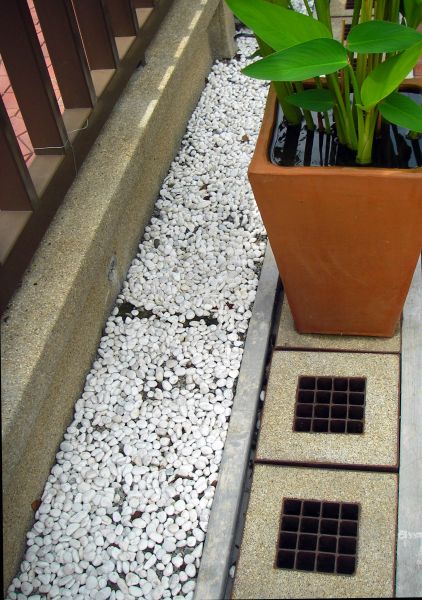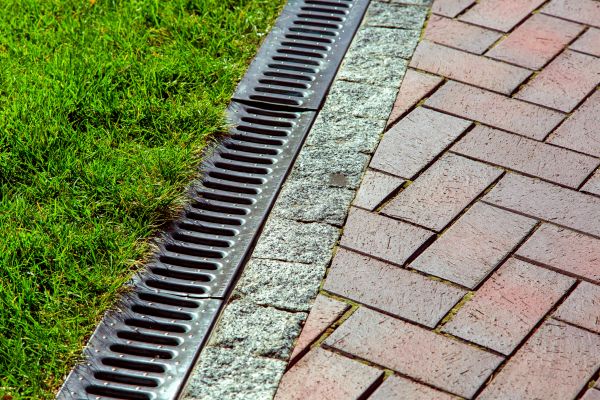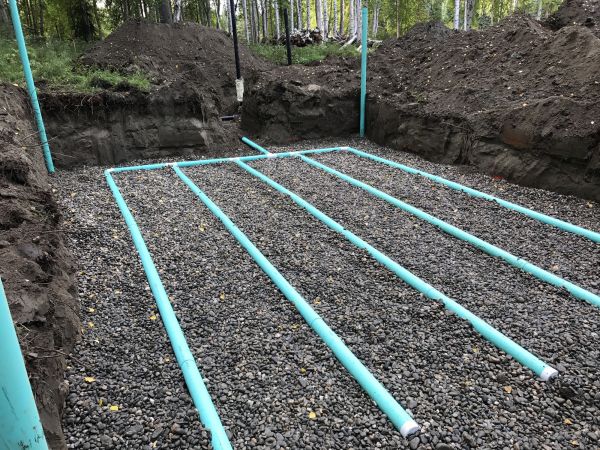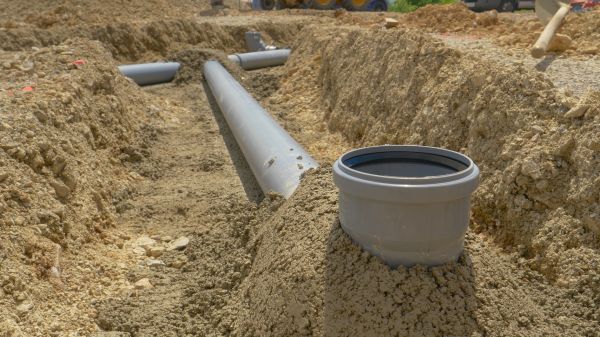Field Lines Replacement Service
Affordable Field Lines Replacement
Field lines replacement is a crucial process in maintaining the efficiency and safety of septic systems. Over time, field lines, which are responsible for dispersing wastewater into the soil, can become clogged or damaged. This can lead to system failures, environmental hazards, and costly repairs if not addressed promptly. Replacing field lines ensures that the septic system continues to function properly, preventing potential health risks and maintaining the integrity of the surrounding environment.
Benefits of Field Lines Replacement
-
Enhanced System Efficiency
Replacing field lines can significantly improve the efficiency of a septic system. New lines ensure that wastewater is evenly distributed and absorbed by the soil, reducing the risk of backups and overflows. This leads to a more reliable and long-lasting system. -
Prevention of Environmental Contamination
Damaged or clogged field lines can result in untreated wastewater seeping into the surrounding soil and groundwater, posing serious environmental hazards. By replacing these lines, the risk of contamination is minimized, protecting local ecosystems and water sources. -
Cost Savings Over Time
While the initial investment in field lines replacement might seem substantial, it can lead to significant cost savings in the long run. A well-maintained septic system reduces the likelihood of emergency repairs and extends the lifespan of the entire system, avoiding more expensive replacements or overhauls. -
Improved Property Value
A properly functioning septic system can increase the value of a property. Prospective buyers are more likely to invest in a home with a reliable wastewater management system, making field lines replacement a wise investment for property owners considering selling in the future.
FAQs About Field Lines Replacement
What are field lines in a septic system?
Field lines, also known as drain lines or leach lines, are part of the septic system that disperses treated wastewater into the soil. They allow for the natural filtration and absorption of waste, preventing it from contaminating the environment.
How do I know if my field lines need to be replaced?
Signs that field lines may need replacement include slow drains, sewage odors, wet spots in the yard, or frequent septic backups. A professional inspection can determine the exact condition of the field lines.
How long does field lines replacement take?
The duration of the replacement process can vary depending on the size of the system and site conditions. Generally, it can take anywhere from a few days to a week to complete the replacement.
Can I replace field lines myself?
Field lines replacement requires specialized knowledge and equipment. It is recommended to hire a professional to ensure the job is done correctly and safely.
Fill out the contact form today to request Field Lines Replacement and experience the benefits of a professionally maintained septic system. Protect your property, the environment, and enjoy peace of mind with efficient wastewater management.




